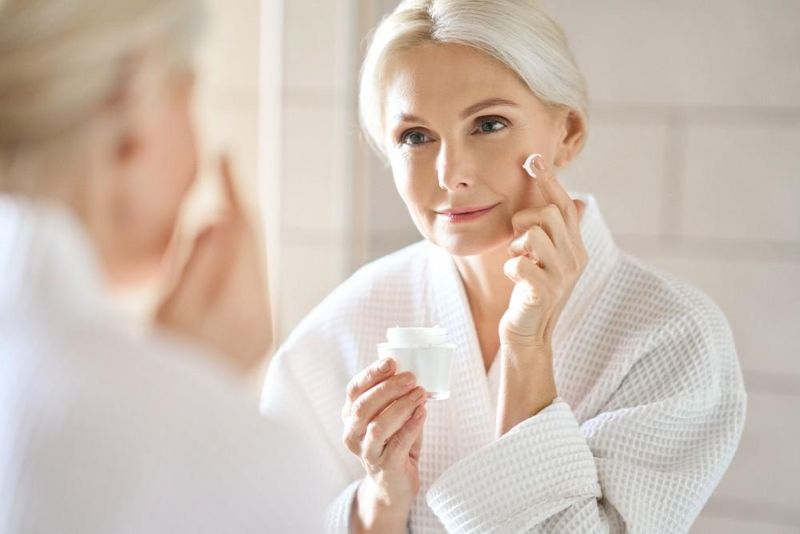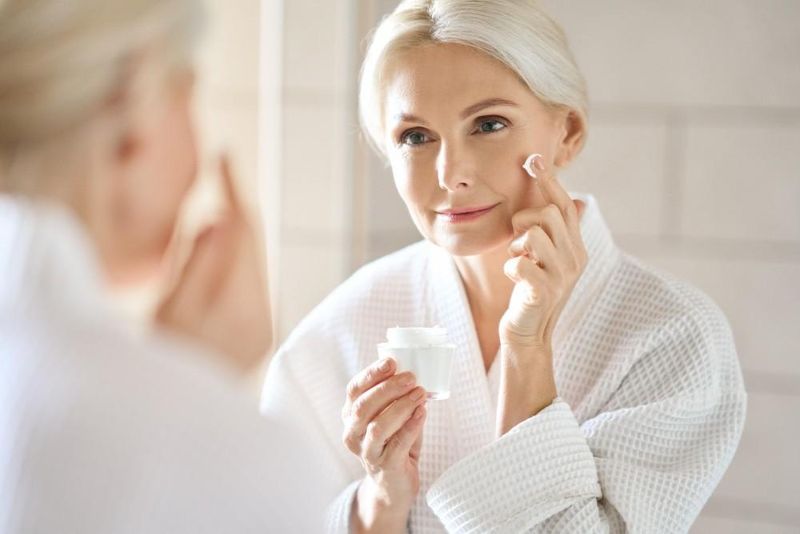8 Wellness Habits Women Over 50 Wish They’d Started Sooner

Getting older brings wisdom, but sometimes we wish that wisdom had arrived a bit earlier! Many women in their 50s and beyond have discovered health practices that have transformed their lives. Looking back, they often say the same thing: “I wish I had started this years ago!” Here are eight wellness habits that women over 50 frequently wish they’d adopted earlier in life.
1. Strength Training for Bone Health

Lifting weights isn’t just for bodybuilders. Regular strength training helps maintain bone density, which naturally decreases after menopause. Many women discover this crucial habit too late, after experiencing bone loss.
Even simple exercises with light dumbbells or resistance bands can make a significant difference. The benefits extend beyond stronger bones to include better balance, improved metabolism, and reduced risk of injury. Women who adopted strength training early report feeling more confident and capable as they age, with many enjoying activities that peers find challenging.
2. Prioritizing Quality Sleep

Sleep becomes more precious with age. Women who established healthy sleep routines earlier report better cognitive function, mood stability, and even slower aging processes. Creating a sleep sanctuary with the right temperature, darkness, and comfort pays dividends for decades.
Consistent bedtimes and wake-up times train your body’s internal clock, making both falling asleep and waking refreshed easier. Many women express regret about years spent sacrificing sleep for work or other responsibilities, not realizing how central good sleep is to overall health and longevity.
3. Regular Mindfulness Practice

Stress accumulates over decades, and many women discover meditation or mindfulness too late. Starting earlier builds resilience against life’s inevitable challenges and helps maintain cognitive flexibility. Just five minutes daily of focused breathing or guided meditation can lower stress hormones and blood pressure.
Women who began mindfulness practices in their 30s or 40s report navigating menopause with fewer mood disturbances. The mental clarity that comes from regular mindfulness practice helps with decision-making and emotional regulation—skills that become increasingly valuable with age.
4. Consistent Sunscreen Application

“If I could go back in time, I’d slather on sunscreen every single day!” This sentiment echoes among countless women over 50. Daily sun protection prevents premature aging, dark spots, and most importantly, reduces skin cancer risk.
Modern sunscreens are lightweight and comfortable, unlike the greasy formulas of decades past. Many women discover the benefits of mineral-based options that offer immediate protection without irritating sensitive skin. The neck, hands, and chest deserve special attention—these often-neglected areas reveal sun damage most prominently.
5. Pelvic Floor Exercises

Kegel exercises might seem unnecessary until they’re desperately needed. Strengthening these hidden muscles prevents embarrassing leaks and improves intimate experiences—benefits many women discover only after problems develop.
Learning proper technique early makes a tremendous difference. Unlike visible muscles, the pelvic floor requires specialized awareness to strengthen effectively. Women who maintained pelvic floor strength throughout adulthood report greater confidence in physical activities and fewer limitations as they age. Adding these simple exercises to a daily routine takes minimal time but yields significant long-term benefits.
6. Building Strong Social Connections

Research consistently shows that meaningful relationships contribute significantly to longevity. Many women realize too late that they’ve neglected friendships while juggling careers and family responsibilities. Quality matters more than quantity when it comes to social connections.
Regular interaction with supportive friends provides emotional stability and practical help during challenging times. Women who maintained diverse social circles throughout adulthood report feeling more supported during major life transitions like retirement, health challenges, or losing a spouse. Making friendship a priority isn’t selfish—it’s essential self-care with lifelong benefits.
7. Financial Wellness Planning

Money matters affect physical health more than many realize. Financial stress contributes to sleep problems, digestive issues, and even accelerated aging. Women who began saving and planning early experience greater peace of mind later in life.
Understanding investments, retirement options, and healthcare costs becomes increasingly important as retirement approaches. Taking control of financial health isn’t just about accumulating wealth—it’s about creating security that allows for better health choices. Many women wish they’d consulted financial advisors earlier and established habits like automatic savings that grow effortlessly over decades.
8. Regular Health Screenings and Advocacy

Being proactive about health screenings can literally save your life. Many conditions that affect women—like thyroid disorders, osteoporosis, and certain cancers—respond best to early intervention. Learning to advocate for thorough testing and second opinions serves women well throughout life. Keeping organized records of family health history, personal baselines, and test results helps healthcare providers make better decisions.
Women who established relationships with healthcare providers early report more personalized care later in life. Taking charge of your health information and being an active participant in medical decisions pays dividends for decades.

Comments
Loading…